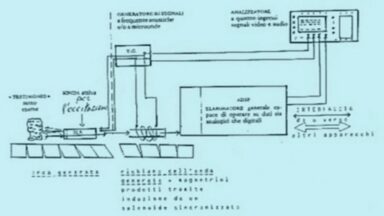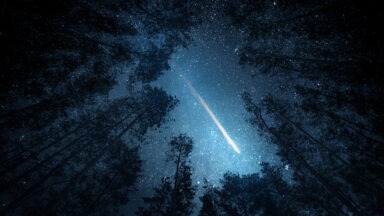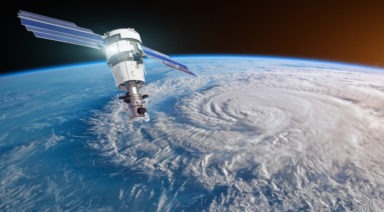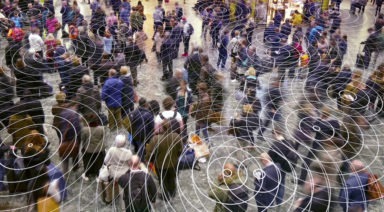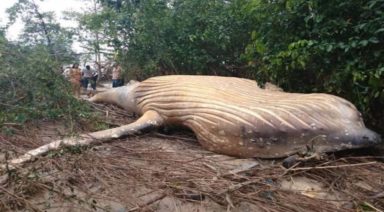WikiLeaks Cable Shows Ambassador Discussing Life on Other Planets

A WikiLeaks cable from 2010 details an interaction between a U.S. ambassador and the mayor of Dushanbe, Tajikstan, in which the mayor mentions knowledge of the existence of life on other planets.
The statement came from Mahmadsaid Ubaidulloev, then-mayor of the nation’s capital and former chairman of the country’s upper chamber of parliament. The two discussed Tajikstan’s upcoming election, the mayor’s desire to get Tajik students into Harvard, and issues with electricity at a Dushanbe cybercafé.
But a somewhat out of context statement came when the mayor began speaking about the conflict in Afghanistan. The cable states that he thanked the U.S. ambassador for his country’s contributions and sacrifices and said U.S. activity there was important “as we enter the third millennium and the 21st century.
He continued, stating that “war is very dangerous,” and “we know there is life on other planets, but we must make peace here first.”

The cable doesn’t go into further detail as to the meaning of the mayor’s statement, despite its inclusion in a classified document. The ambassador makes subtle, dismissive notes throughout the cable painting an image of the mayor as somewhat aloof and irrational.
The ambassador describes the conversation as “platitude-ridden” and “nonsensical” saying the Mayor often lied about free and fair elections, and unbiased media coverage. The cable ends with the ambassador bluntly referring to the meeting as, “a right painful 90 minutes.”
But the mayor’s comment about extraterrestrial life is not the first to be made by a foreign dignitary to a U.S. ambassador. In a 2006 cable released by Wikileaks, Lithuania’s advisor to the Prime Minister, Albinas Januska, was quoted warning of the existence of, “a group of people, who are directed from the East, a group of UFOs, who are making influence from the Cosmos.”
Januskas said, “There also exists a decreasing number of persons, who are trying to rationally analyze the situation and to objectively evaluate what is happening.”
Again, the cable doesn’t go into further detail regarding Januska’s comments, though its inclusion in the cable signifies some potential interest or intrigue behind his statements.
With recent pieces of UFO evidence gaining more traction in mainstream media and the public’s general awareness, could we be on the brink of a wide-scale disclosure?
Upcoming Shift in Lunar Cycle May Cause Major Flooding

A shift in the moon’s orbit may lead to massive flooding in the future. What’s really going on with the moon’s upcoming wobble?
In a new report from the NASA Sea Level Change Science Team at the University of Hawaii, scientists warn that an upcoming natural phenomenon in the moon’s orbit, combined with rising sea levels, could cause record flooding along coastal regions. NASA administrator Bill Nelson said in a statement, “[l]ow lying areas near sea level are increasingly at risk and suffering due to the increased flooding and it will only get worse.”
The moon affects tides on Earth every day, so why is the cause for alarm now?
Astronomer and Gaia News contributor Marc Dantonio said, “Every 18.6 years, the moon reaches a point where it’s the highest in its declination, and that’s the point where it’s going to also be above the Earth’s equator. When the moon is actually also at a point where it’s closest to the Earth because of the elliptical orbit, if all those things correspond and combine to be at one point like this, then that’s where the researchers at the University of Hawaii says that we’re looking at potential flooding.”







